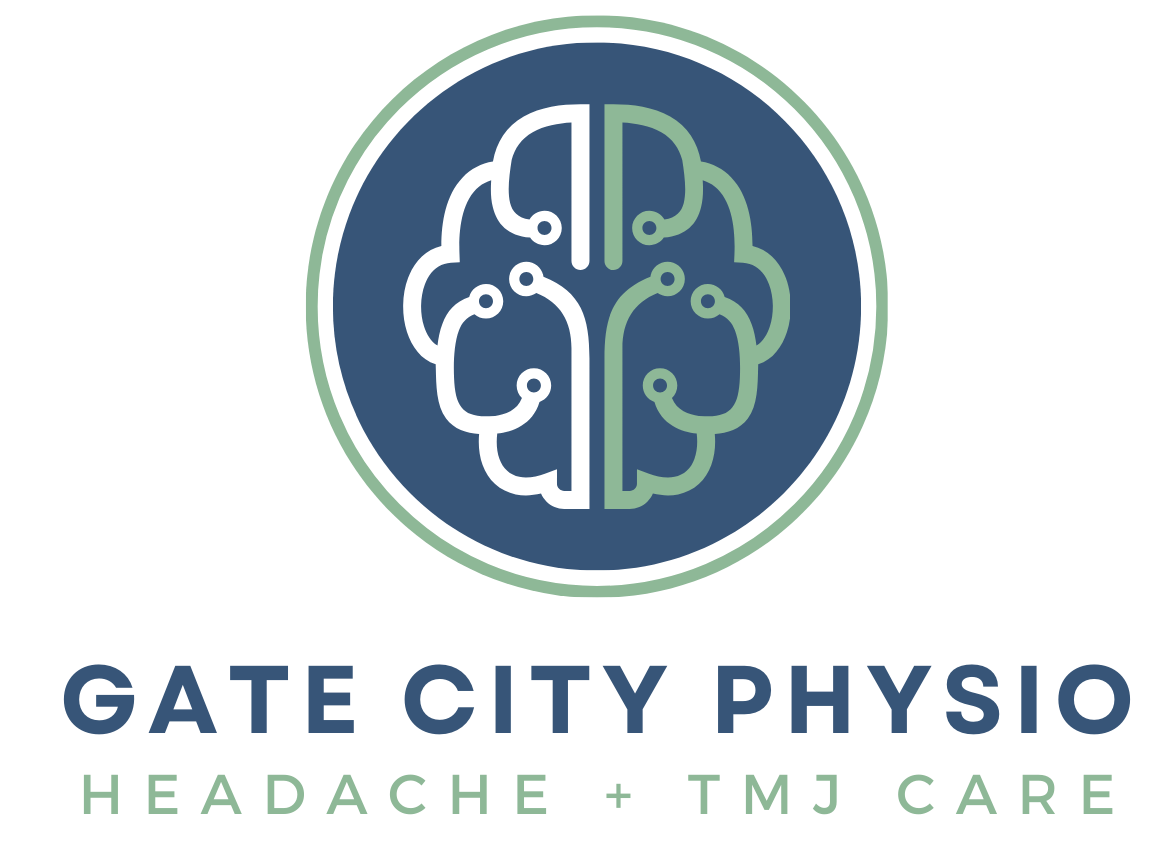Have these symptoms? It might be your jaw…
Temporomandibular Joint Disorder (TMD or TMJ) is a complex condition that affects the jaw joint and muscles responsible for jaw movement. While some symptoms of TMD, such as jaw pain and clicking, are well-known, several less common symptoms can be challenging to recognize. In this blog, we will explore three symptoms that are less well-known but may indicate that symptoms are coming from your jaw.
1) Vertigo and Dizziness:
Less commonly associated with TMD, vertigo and dizziness can be symptoms of this disorder. Research has suggested a link between inner ear dysfunction and TMD, as the temporomandibular joint is in close proximity to the ear. Disturbances in the joint can potentially affect the vestibular system, leading to feelings of imbalance and dizziness.
2) Ear Pain and Tinnitus:
Beyond the more common earaches and tinnitus, some TMD sufferers may experience a sensation of fullness in the ears. This feeling can be attributed to changes in pressure or muscular tension affecting the Eustachian tube, which connects the middle ear to the throat.
3) Sleep Disturbances:
TMD-related discomfort and pain can significantly impact sleep quality. Individuals with TMD may find it difficult to sleep on their sides due to the pressure on the jaw joint, leading to restless nights and sleep disturbances.
Work with a Greensboro, NC TMD Specialist
Temporomandibular Joint Disorder (TMD) is a multifaceted condition with a wide range of symptoms, some of which are less commonly recognized. Awareness of these less typical symptoms is crucial for early detection and appropriate treatment. If you suspect you may have TMD or are experiencing any of the symptoms mentioned in this blog, reach out today.
If you are experiencing headaches, neck pain, or TMJ, please book a consult call and let's get you back to enjoying your life!

